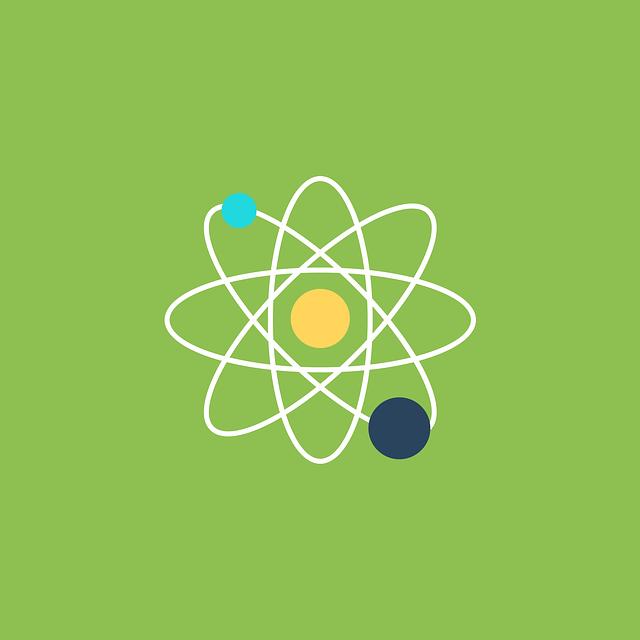How do blue light and screen time affect circadian rhythms?
The Science of Sleep Tech and Circadian Rhythm Monitoring
In today’s fast-paced world, getting a good night’s sleep is often easier said than done. Fortunately, advancements in sleep technology and circadian rhythm monitoring provide valuable insights into our sleep patterns, helping us enhance sleep quality and overall health. In this article, we delve into the science behind sleep tech, explore how it works, and offer practical tips for optimizing your sleep. Join us as we uncover the secrets to better sleep and well-being.
Understanding Sleep Technology
Sleep technology encompasses a variety of devices and applications designed to monitor and improve sleep quality. These tools range from wearable trackers and smart mattresses to mobile apps and bedside gadgets. The primary goal is to gather data on your sleep habits, analyze patterns, and provide actionable insights to enhance your rest.
Types of Sleep Technology
| Type | Description |
|---|---|
| Wearable Trackers | Devices like smartwatches and fitness bands that monitor heart rate, movement, and sleep stages. |
| Smart Mattresses | Beds equipped with sensors to track sleep quality, temperature, and movement. |
| Mobile Apps | Applications for smartphones that analyze sleep patterns using accelerometer data and self-reports. |
| Bedside Gadgets | Devices placed near the bed to monitor sound, temperature, and light conditions affecting sleep. |
The Role of Circadian Rhythm in Sleep
The circadian rhythm is a natural, internal process that regulates the sleep-wake cycle and repeats roughly every 24 hours. It is influenced by external cues like light and temperature. Disruptions to your circadian rhythm can lead to sleep disorders, negatively impacting physical and mental health.
How Circadian Rhythm Affects Sleep
Here are a few critical ways in which circadian rhythm impacts sleep:
- Regulates the timing of sleep and wakefulness.
- Influences the production of melatonin, a hormone that promotes sleep.
- Affects mood, cognitive function, and overall health.
- Disruptions can lead to sleep disorders like insomnia and sleep apnea.
Benefits of Sleep Tech and Circadian Rhythm Monitoring
The integration of sleep technology and circadian rhythm monitoring offers several advantages:
Improved Sleep Quality
By tracking your sleep patterns and identifying disruptions, you can take steps to improve your sleep hygiene and environment, leading to more restful nights.
Enhanced Daytime Performance
Better sleep translates to improved cognitive function, mood, and overall productivity during the day.
Early Detection of Sleep Disorders
Monitoring your sleep can help identify potential sleep disorders early, allowing for timely interventions and treatments.
Practical Tips for Better Sleep
Implementing the insights gained from sleep tech and circadian rhythm monitoring can enhance your sleep quality. Here are some practical tips:
Maintain a Consistent Sleep Schedule
Go to bed and wake up at the same time every day, even on weekends, to regulate your circadian rhythm.
Create a Sleep-Conducive Environment
- Keep your bedroom cool, dark, and quiet.
- Invest in a comfortable mattress and pillows.
- Limit exposure to screens and blue light before bedtime.
Adopt Healthy Sleep Habits
- Avoid caffeine and heavy meals close to bedtime.
- Engage in regular physical activity, but not right before bed.
- Practice relaxation techniques like meditation or deep breathing.
Case Studies and First-Hand Experiences
Several individuals have reported significant improvements in their sleep quality after integrating sleep technology and monitoring their circadian rhythms. For instance, John, a busy executive, struggled with insomnia for years. After using a wearable sleep tracker, he discovered that his late-night work habits were disrupting his circadian rhythm. By adjusting his bedtime routine and adopting healthier sleep practices, John’s sleep quality improved dramatically.
Conclusion
Sleep technology and circadian rhythm monitoring are powerful tools that can enhance your sleep quality, boost your daytime performance, and promote overall well-being. By understanding the science behind these technologies and implementing practical tips, you can unlock the secrets to a restful night’s sleep and lead a healthier, more productive life. Invest in sleep tech today and take the first step towards better sleep and a brighter future.
